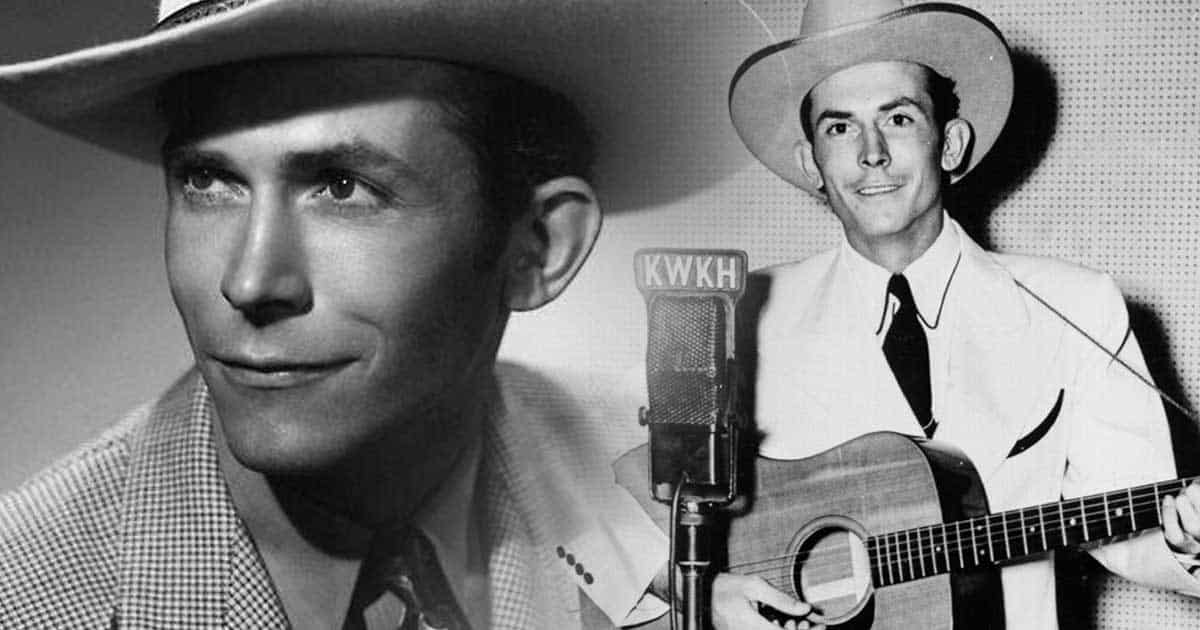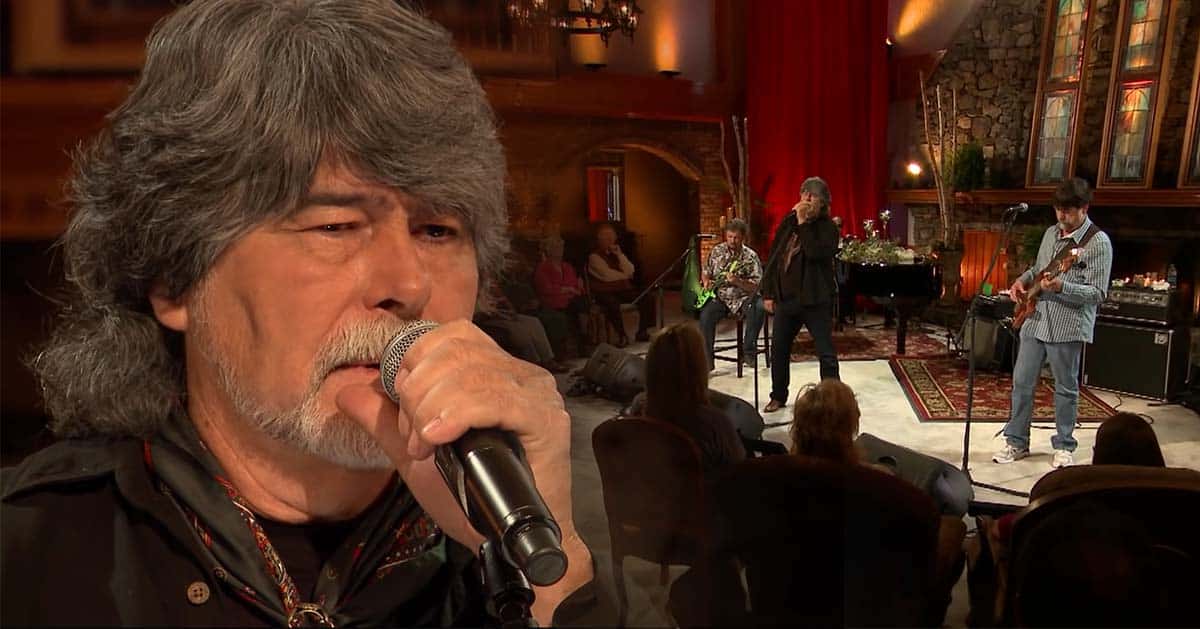With such exceptional songwriting and singing prowess that’s coupled with his distinctive voice, Hank Williams took country music by storm throughout the 1950s. He became everyone’s favorite, and his songs were played almost everywhere.
Today, he’s one of the few artists who are able to leave a lasting impression – despite his career being cut short, only spanning six years. The heartfelt nature of his performances and the honesty of his lyrics have become the benchmark by which country artists’ are measured.
Let’s keep Hank Williams‘ legacy alive and burning through these facts.
1. He’s a native of Butler County, Alabama.
Born Hiram Williams on September 17, 1923, the legendary singer-songwriter grew up in a small Alabama farming community near Montgomery. His father was a railroad engineer for the W. T. Smith lumber company, while his mother was a church organist. He was the youngest among three children. Sadly, his brother died two days after being born.
2. He was named after Hiram I, the Phoenician King of Tyre, according to the Hebrew Bible.
Williams’ parents were both followers of Freemasonry, and they got his name from King Hiram of Tyre. However, his family fondly called him Harm, while he was known as Herky or Skeets to his friends.
3. He was born with spina bifida occulta.
Williams suffered from a back condition that caused damage to the nerves controlling lower body movements. The condition prevented Williams from playing games and being active as a child. His chronic pain – which became even worse after falling off a bull during a rodeo – and failed operation led to his addiction to painkillers and alcoholism.
4. He worked various jobs to support his family.
Sadly, Williams’ father suffered from facial paralysis when he was seven. Soon enough, the family moved to Georgiana, Alabama, where his mother worked in a cannery during the day and as a night-shift nurse at a local hospital to raise her children. What’s even unfortunate was that the family’s house burned down, and they lost everything. Williams – along with his sister – augmented the family’s income by shining shoes and selling vegetables and peanuts on the street.
5. He had guitar lessons in exchange for meals.
Williams met street performer Rufus “Tee-Tot” Payne, who taught him chords, chord progressions, bass turns, and the musical style of accompaniment that’s often heard on Hank Williams songs. While they lost touch, Williams credited Payne as his only teacher.
6. He landed a job at a local radio station at 13.
Williams caught the attention of local radio station producers after winning a talent show. They then offered him his own fifteen-minute show twice a week. Williams also wrote and sang the jingle for the flour and cornmeal products that sponsored the show.
He earned $15 per show, which he used to form his own band Drifting Cowboys. He quit school and traveled with his band.
7. He is the father of a famous country singer.
In 1944, Williams married Audrey Sheppard – however, their marriage was not considered valid as she wasn’t yet officially divorced from her first husband. The couple then worked as a team where Audrey managed Williams’ musical career. Five years later, they were blessed with a son, Hank Williams Jr. – who is today’s one of the most popular country singers. Unfortunately, their marriage did not last long.
In 1952, Williams married Billie Jean Jones. He also had a brief affair with dancer Bobbie Jett – with whom he had a daughter, Jett Williams.
8. He was fired from the Grand Ole Opry.
Williams made country music history when he debuted on the Grand Ole Opry in 1949. However, he was fired three years later after missing shows due to his alcoholism.
9. He has a life-size bronze statue.
In 1991, Montgomery, Alabama, built a life-size statue in honor of Williams – where he was wearing an embellished suit and strumming his guitar. It now stands in the center of the Riverfront Entertainment District, just a block away from the Hank Williams Museum.
10. He died on the way to his next concert.
Williams was driven to a concert on New Year’s Day in 1953 at the Canton Memorial Auditorium in Canton, Ohio. However, he died en route in the back seat of his chauffeured Cadillac.
Tens of thousands of fans showed up during his funeral. He was only 29.
Well, his passing did not bring an end to his stardom.
Williams was posthumously inducted into the Country Music Hall of Fame, Songwriters of Fame, and the Rock and Roll Hall of Fame. In 2010, the Pulitzer Prize Board honored Williams with a Special Citation lifetime achievement award for his contribution to music.
Truly, there are only a few performers in the realm of country music who can compare to the prominence and impact left behind by Hank Williams.


















